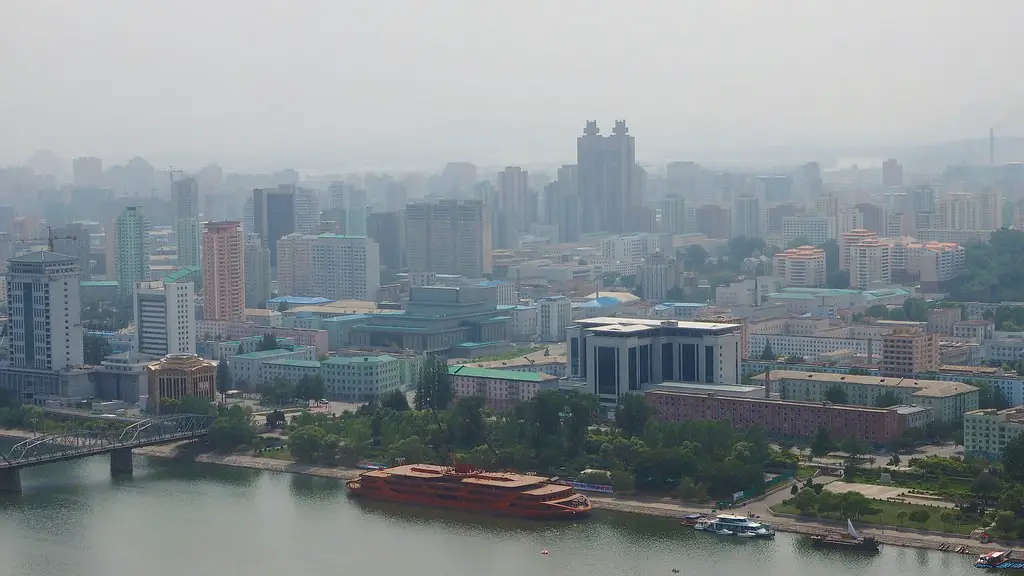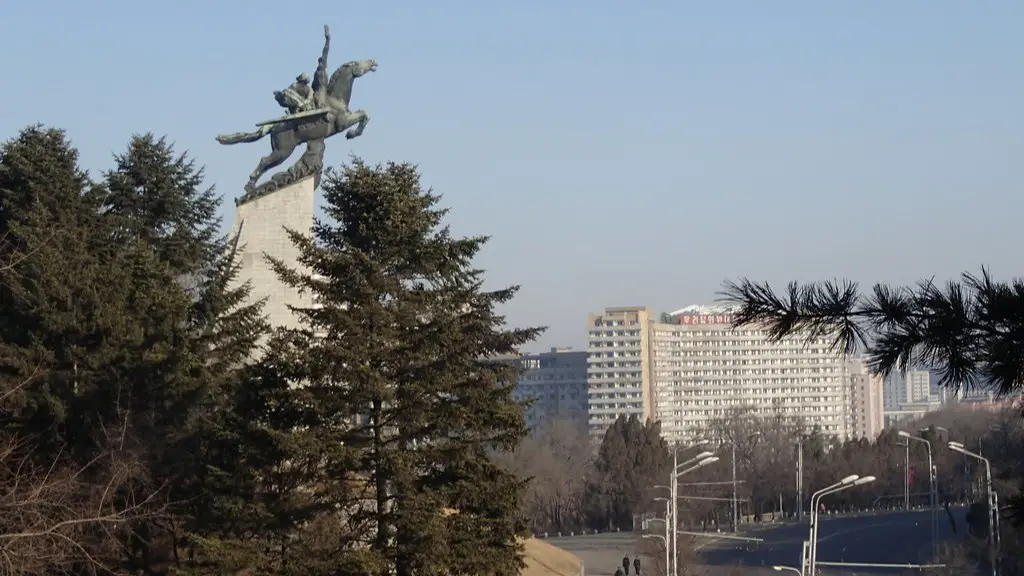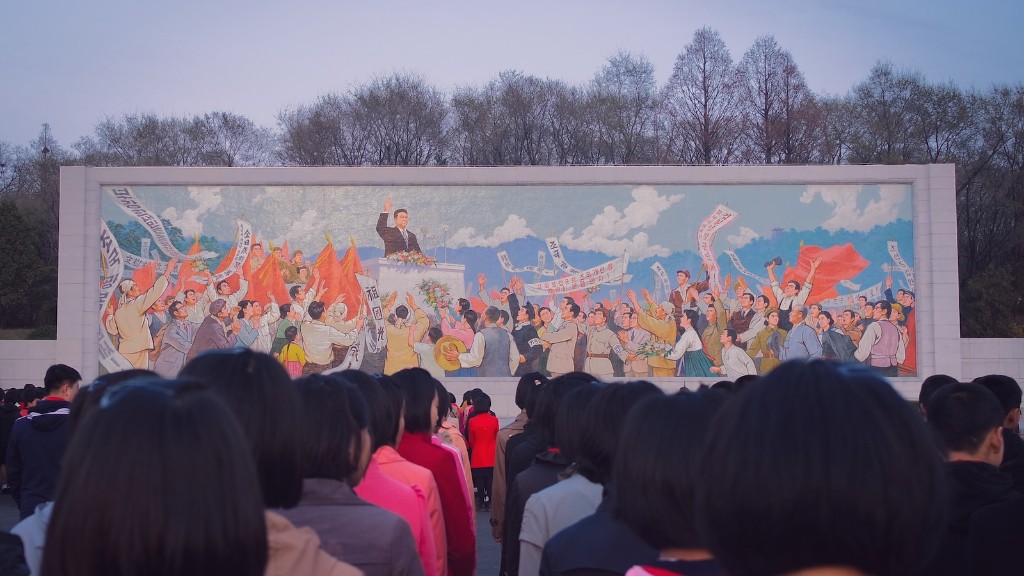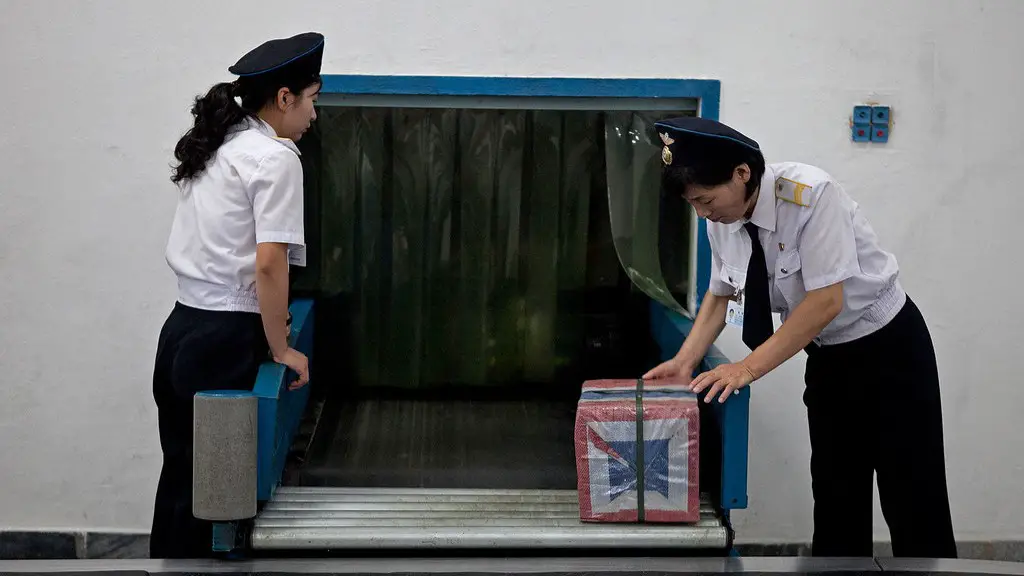Sanctions
The latest news about North Korea is their ongoing situation with sanctions. After the United Nations Security Council unanimously agreed to even harsher sanctions against Pyongyang in September 2017, North Korea declared on October 31st that the sanctions are a “violation of the basic spirit of the United Nations Charter.” These sanctions, the dossier outlined, target North Korea’s foreign trade, including limiting its exports of coal, ores, and seafood. Additionally, the document claimed that these measures seek to completely isolate North Korea and to strangle its economy.
Saiki Masao, a senior researcher at Tokyo’s National Institute of Advanced Industrial Science and Technology, noted that the sanctions, while having “some impact on the North Korean economy,” will not be enough to bring the country to its knees. A comprehensive ban on oil trade to North Korea, he said, is needed to terrify its leadership. However, the U.S. has so far been unwilling to make such moves, primarily due to pressure from China, who does not want to see the economic collapse of North Korea.
North Korea Nuclear Program
The missile program continues to stand as a profoundly concerning issue among national security researchers and international politicians. Pyongyang has long argued that they use their nuclear program as a deterrent against potential aggression from the United States and its allies, while the international community has denounced such provocations as dangerous escalations toward a full-blown crisis. After North Korean Leader, Kim Jong Un, tested his first intercontinental ballistic missile in July, his country was met with more sanctions. This was followed up by a second ICBM test in September, which Kim described as a “package of gifts” for the United States on its Independence Day.
Samara MacPherson, a security researcher from the Brookings Institution, issued a statement saying that “the missile tests clearly present a renewed need for international collaboration. We must work together to quickly and responsibly assess the capacity of the North Korea program and strategize methods to prevent further destabilization in the region.” Former U.S. President Barack Obama echoed similar sentiments when he declared that the North Korean leaders must realize that the only path to security and international legitimacy is through denuclearization.
North Korean Diplomacy
With the failing sanctions, the escalation of nuclear tension, the security risks posed by North Korea, there is now a much greater urgency for increased diplomatic efforts in the region. The Russian government released statements indicating their support for negotiations with North Korea over their weapons programmes and stated they were ready to help mediate. In addition, China and South Korea both announced their support for a diplomatic solution to the security crisis, but with President Trump’s recent threats of “fire and fury,” it is still uncertain whether diplomacy is the best path forward.
Satoru Mori, a professor of international relations from Kyoto University highlighted that economic and political pressure and even threats of military actions will not necessarily take us closer to this goal. The only lasting way to achieve a tangible change in the situation is for all the stakeholders to begin a serious and sustained dialogue. “It’s in the best interest of all sides to step away from the brink and to begin a meaningful process of dialogue,” he said, “But this process can’t be rushed.”
China and North Korea
China’s role in North Korean affairs has been central in the region, particularly due to its history as Pyongyang’s primary ally and its vital economic relationship to North Korea. Beijing has long seen a nuclear-armed North Korea as hostile to its own interests, while also fearing the possible implications of a sudden collapse of the North Korean regime. In such an event, there could be a resulting flood of North Korean refugees, as well as a regional power imbalance.
Recent news about China and North Korea has been promising, as the two countries have met for the first time in five years to discuss the various issues facing the region. At the Fifteenth China-DPRK Friendship Conference, the participants focused on plans for Chinese support of the North Korean economy and ways to develop bilateral relations in the future. The conference included calls for both countries to boost investment and increase intra-party exchanges.
The Prospects for Peace
The unpredictable and frequently volatile nature of the relationship between North Korea and the U.S. has resulted in much speculation surrounding the possibility of war in the region. However, some analysts see a diplomatic breakthrough in the cards due to the Trump administration’s recent outreach to China, Japan and South Korea. This could be the beginning of a series of talks between the steps necessary to denuclearize North Korea, as Trump has suggested he is willing to find a peaceful solution to the crisis.
More recently, North Korea provided a few concessions by coming to the negotiating table with South Korea and agreeing to send representatives to the upcoming Winter Olympics in Pyeongchang. Although these exchanges have been encouraging, many analysts have warned against over-optimism because the situation could quickly become unstable again.
North Korean People
Perhaps the least spoken about victims of the political crisis between North Korea and the U.S. are the ordinary citizens living in a state of despair and poverty. The situation inside this hermetically sealed, information-starved society creates a breeding ground for despair and desperation, and often results in citizens engaging in illegal activities such as selling drugs and prostitution.
One individual, who identified only as Tan, said that he left North Korea because of the “economic hardship, physical hardship, and political grievance.” The situation has become so dire that many North Koreans are even resorting to suicide, especially amongst women.
Tim Monk, a professor with the Asian Studies program at Melbourne’s Deakin University maintained that these human costs cannot be ignored, and that finding a diplomatic solution between thi United States and North Korea is even more important so that the country can begin to build up its economy, provide better services for its citizens and reduce the suffering of its people.
Escalation Of The Crisis
The situation in North Korea has become increasingly complicated and tense in recent times. On one hand, North Korea has made clear its readiness to engage in negotiations, while on the other hand escalating its rhetoric by continually developing its weapons programmes.
Recently, North Korea conducted its sixth nuclear test, leading many experts to describe the situation as a “critical juncture” and there has been speculation that North Korea could launch another nuclear missile. Whether this happen or not, the pressure on the international community to find a diplomatic solution to the ongoing crisis continues to mount.
South Korean President Moon Jae-in has been increasingly vocal about the need for dialogue with North Korea and a peaceful resolution to the conflict. He has advocated for an approach of engagement, insisting that “it is important to have a dialogue with North Korea and prevent the security crisis from turning into a war.”
U.S. Foreign Policy
Often the main focus of the North Korea crisis, the United States stands as the most influential ally of South Korea and Japan in the region. Since the end of World War II and the Korea war in 1953, the U.S. has maintained a strong presence in the region, positioning itself as the ultimate guarantor of security.
Recently, President Trump has come under heavy criticism for his rhetoric and threats of military action, with some suggesting that his bellicose approach has only served to ratchet up the tension in the Korean peninsula. However, with the U.S. midterm elections coming up in 2018, the Trump administration may see this as an opportunity to bolster their image on the North Korea front by attempting to secure a peaceful resolution to the crisis.
Secretary of State Rex Tillerson has been the voice of reason in the Trump administration, having advocated for causal and respectful dialogue with North Korea that is based on a process of “constructive dialogue to begin making progress on the commitments that Chairman Kim has made to President Trump.” He also noted that the U.S. “will never accept a nuclear-armed North Korea.”




